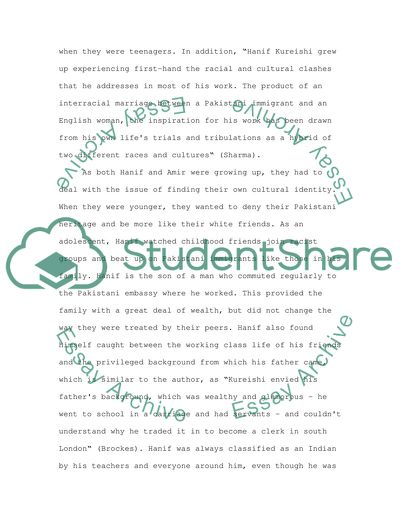Cite this document
(Features of the Novel The Buddha Of Suburbia, Written by Hanif Book Report/Review, n.d.)
Features of the Novel The Buddha Of Suburbia, Written by Hanif Book Report/Review. Retrieved from https://studentshare.org/literature/1707114-the-buddha-of-suburbia
Features of the Novel The Buddha Of Suburbia, Written by Hanif Book Report/Review. Retrieved from https://studentshare.org/literature/1707114-the-buddha-of-suburbia
(Features of the Novel The Buddha Of Suburbia, Written by Hanif Book Report/Review)
Features of the Novel The Buddha Of Suburbia, Written by Hanif Book Report/Review. https://studentshare.org/literature/1707114-the-buddha-of-suburbia.
Features of the Novel The Buddha Of Suburbia, Written by Hanif Book Report/Review. https://studentshare.org/literature/1707114-the-buddha-of-suburbia.
“Features of the Novel The Buddha Of Suburbia, Written by Hanif Book Report/Review”. https://studentshare.org/literature/1707114-the-buddha-of-suburbia.


